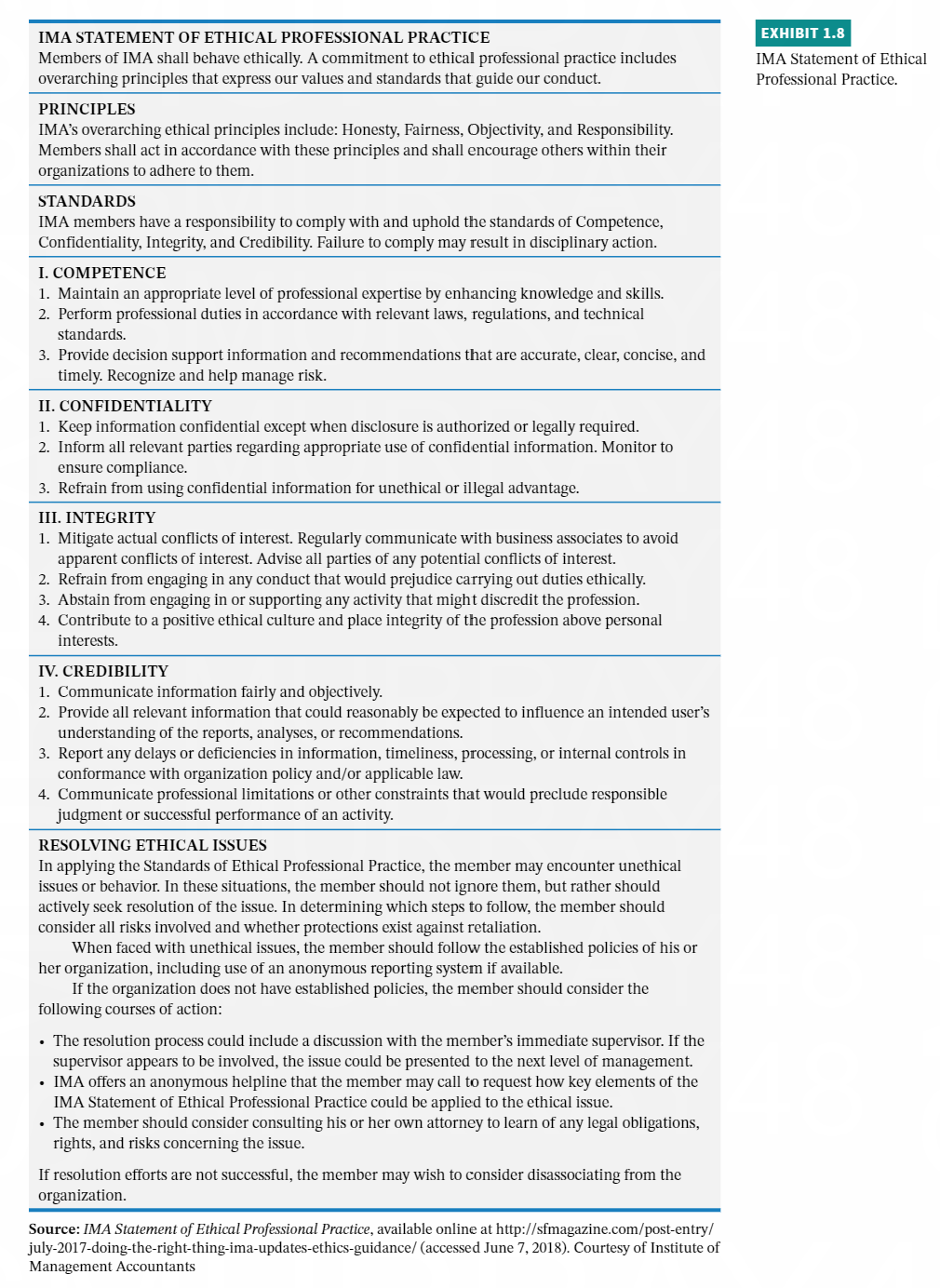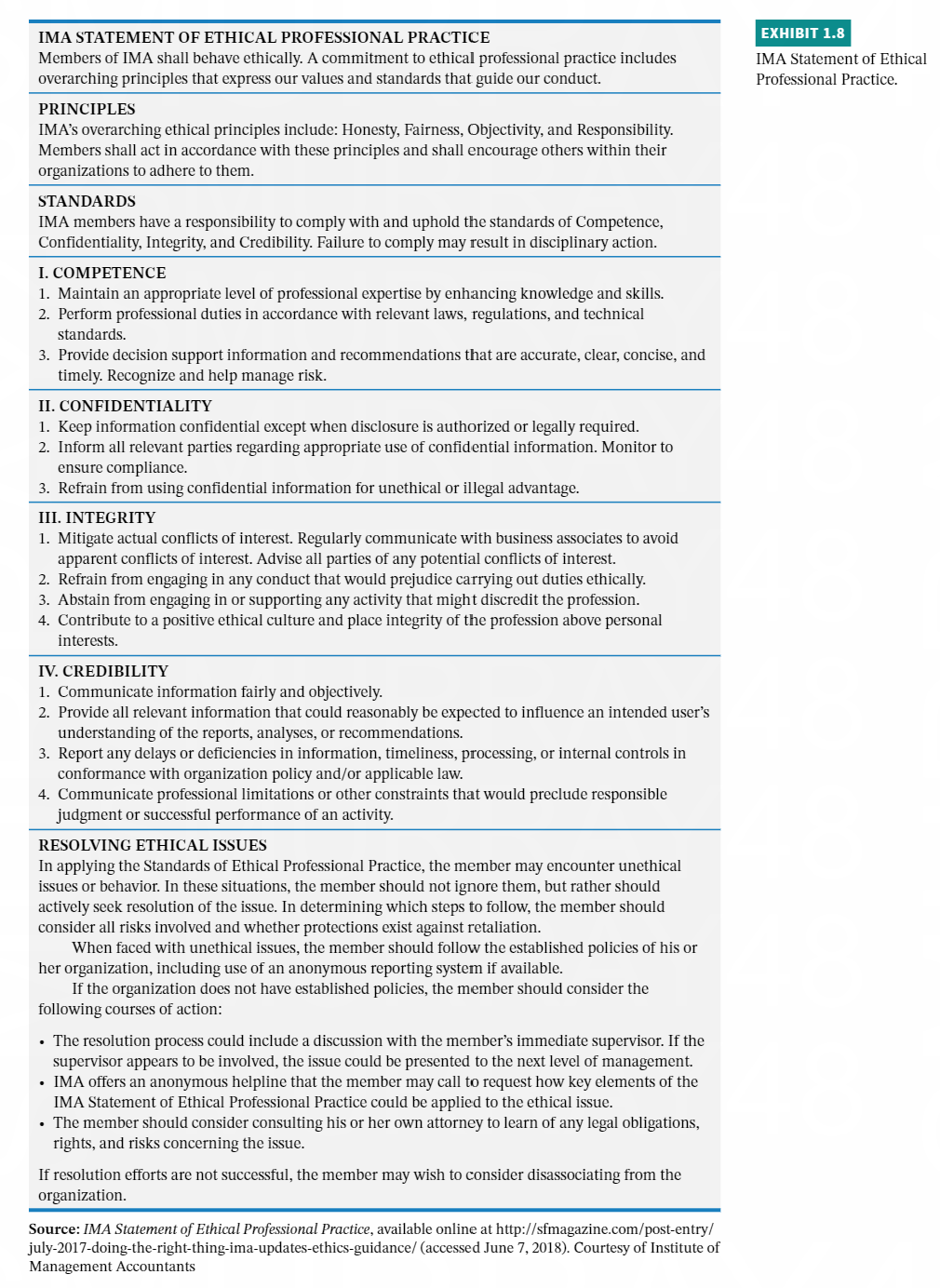Question
Faced with three young children who were always complaining I'm bored, Ann Newton looked for an interesting after-school activity. Finding nothing available in the community,

Faced with three young children who were always complaining "I'm bored," Ann Newton looked for an interesting after-school activity. Finding nothing available in the community, she decided to solve her problem by renting an old bakery and turning it into Kiddie Kitchen. Three afternoons a week, Ann, her children, and several other children gathered to learn the art of cooking. In less than five years, Ann's business grew to over 30 franchised kitchens located throughout the state. In 2005, she retired from active management of the company and sold the majority of her stock to Bernice Mayfield, who now runs the firm.
Today, Kiddie Kitchen has 100 franchised locations and 50 corporate locations up and down the East Coast. The company is organized into five regional territories, each run by a director who reports to the vice president of operations. In addition to the vice president of operations, executive management includes the CFO, the vice president of marketing, and the vice president of human resources. All executive personnel work at the corporate headquarters, now located in Raleigh, North Carolina. Each director maintains a regional office, complete with an administrative staff.
Shortly after taking over the company, Mayfield revamped the budgeting process, replacing a bottom-up process that had been in place since the early 1990s with a top-down process. Since the new budget process influences the bonus compensation a director can earn, directors have a great deal of interest in developing the budget. At the beginning of the budget cycle, regional directors receive corporate directives concerning the coming year's budget. These directives include projected growth in locations and revenue, salary increases, and allocated corporate expenses. Directors prepare three budgets?one for franchised locations, one for corporate locations, and one for administrative costs associated with the regional offices. These budgets are passed up to the corporate office for consolidation into the corporate budget.
Max Green is director of the southeast region. His approach to preparing the budget for the coming year budget is a typical example of budget preparation. He passed the corporate budget directives to his accountant, Henri Duvall, who prepared the first draft of the budget. When Green reviewed the draft, he did not like what he saw. Budgeted net income was too high?so high that his region would never meet the target. He asked Duvall to make some adjustments.
The corporate directive had projected a general price level increase of 2-4%. The range was intended to allow higher cost-of-living areas, such as Boston and New York, to budget higher levels of cost increases than lower cost-of-living areas. But even though Green's office was located in the lowest cost-of-living area in the country, he told Duvall to budget an across-the-board increase of 4%. Green knew that as long as he was within the directive's guidelines, the corporate office wouldn't question the increase.
Green also told Duvall that the region would open ten new stores during the coming year and that the budget should reflect enough start-up expenses to cover the new locations. Green knew that no region had ever opened more than seven stores in a single year. In fact, he thought he would be lucky to open five new stores in the coming year.
Since Green had a reputation for retaliating against employees who chose to ignore his requests, Duvall made the changes without questioning them. The result was a $250,000 reduction in budgeted net income.
Duvall, a certified management accountant, had a wife and three children, and could not afford to lose his job and his generous benefit package. Besides, his wife was in line to become owner of one of the new franchised stores in the coming year.
Questions:
a. Why would Green care about the level of budgeted net income?
b. What do you think Mayfield's reaction would be if she learned of Green's actions?
c. What does Duvall have to gain from his actions? Does he have anything to lose?
d. Refer to the IMA's Statement of Ethical Professional Practice in Exhibit 1.8 (see attached). What responsibilities does Duvall have in this situation? Did he violate the Statement? If so, how?

Step by Step Solution
There are 3 Steps involved in it
Step: 1

Get Instant Access to Expert-Tailored Solutions
See step-by-step solutions with expert insights and AI powered tools for academic success
Step: 2

Step: 3

Ace Your Homework with AI
Get the answers you need in no time with our AI-driven, step-by-step assistance
Get Started


